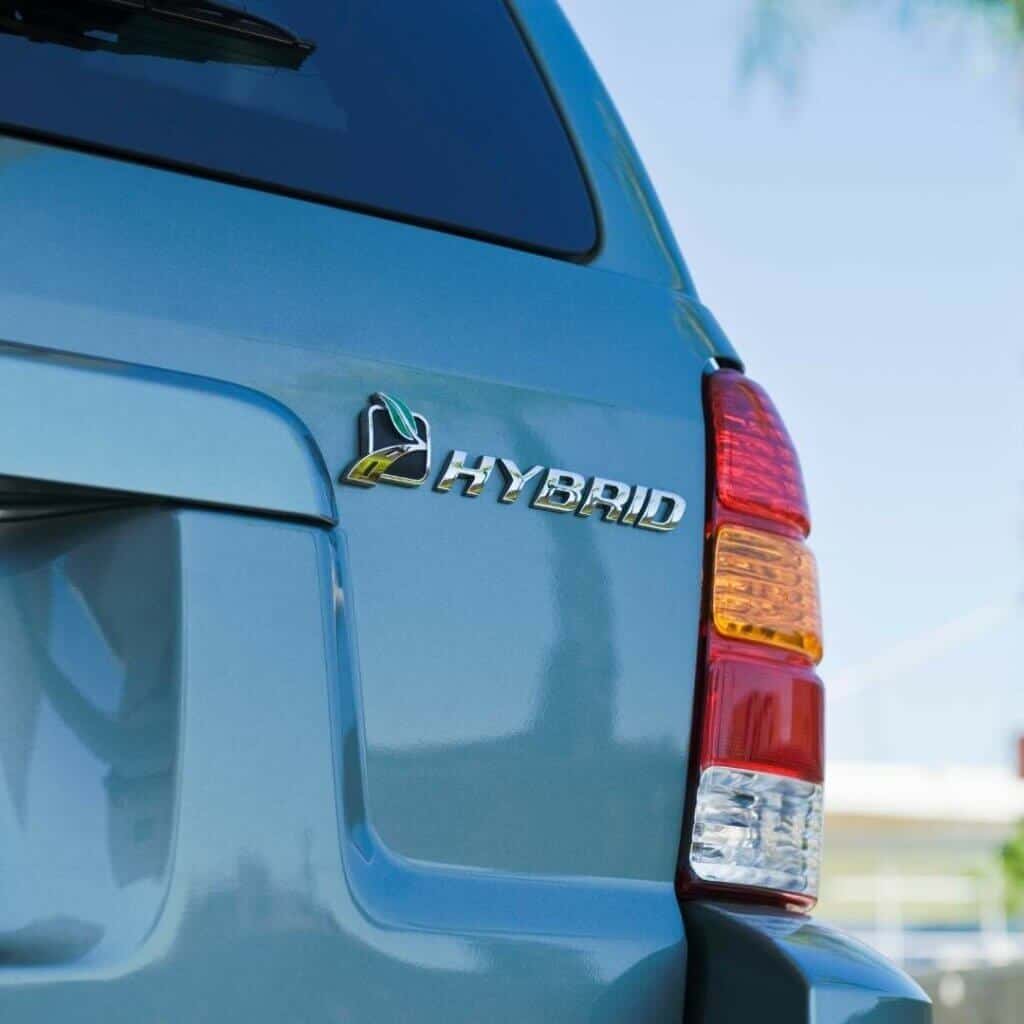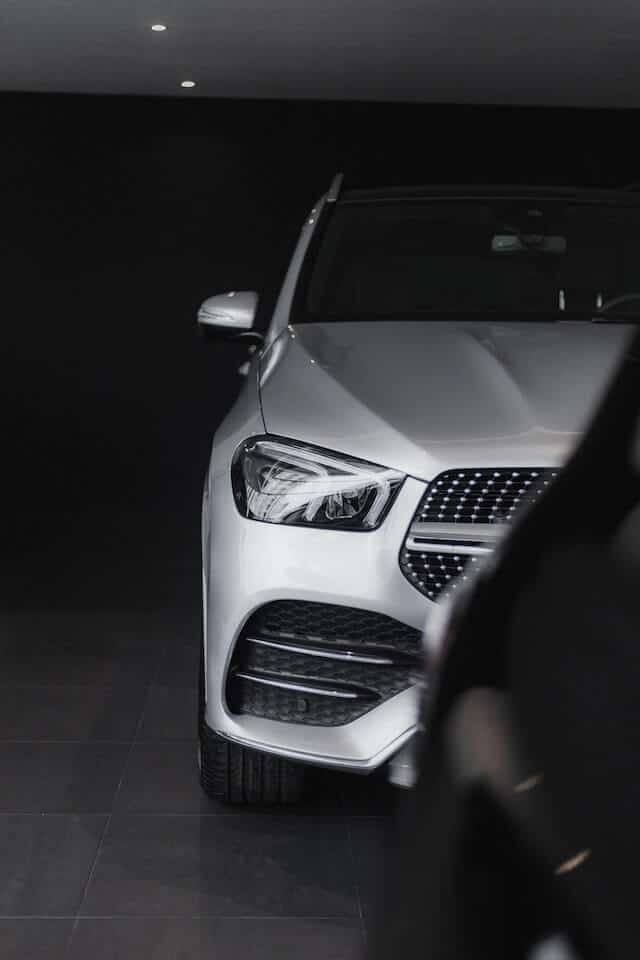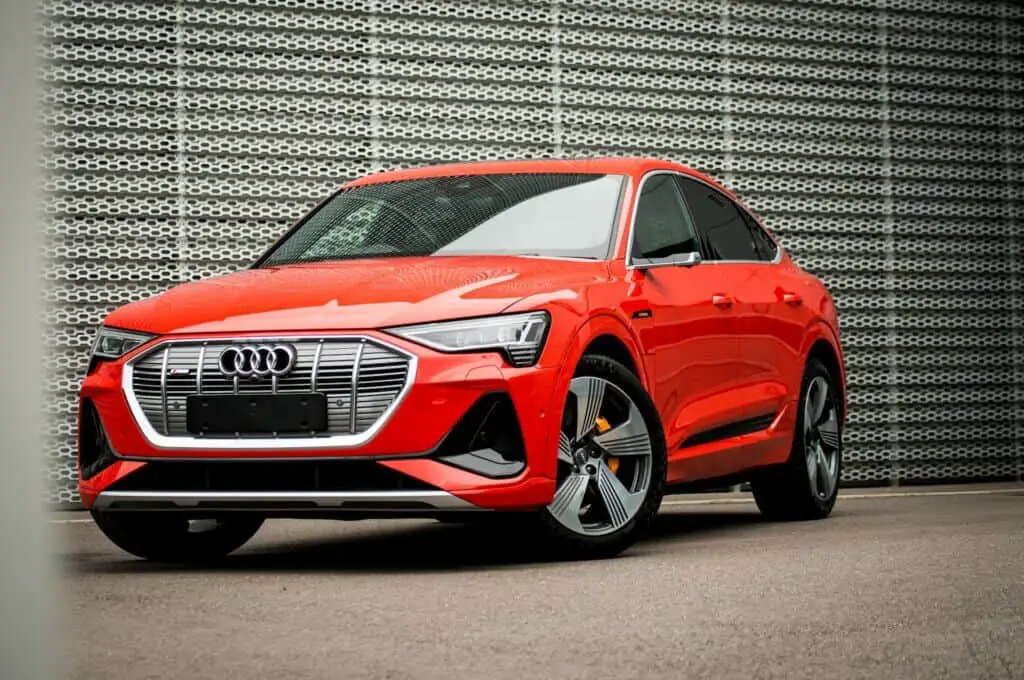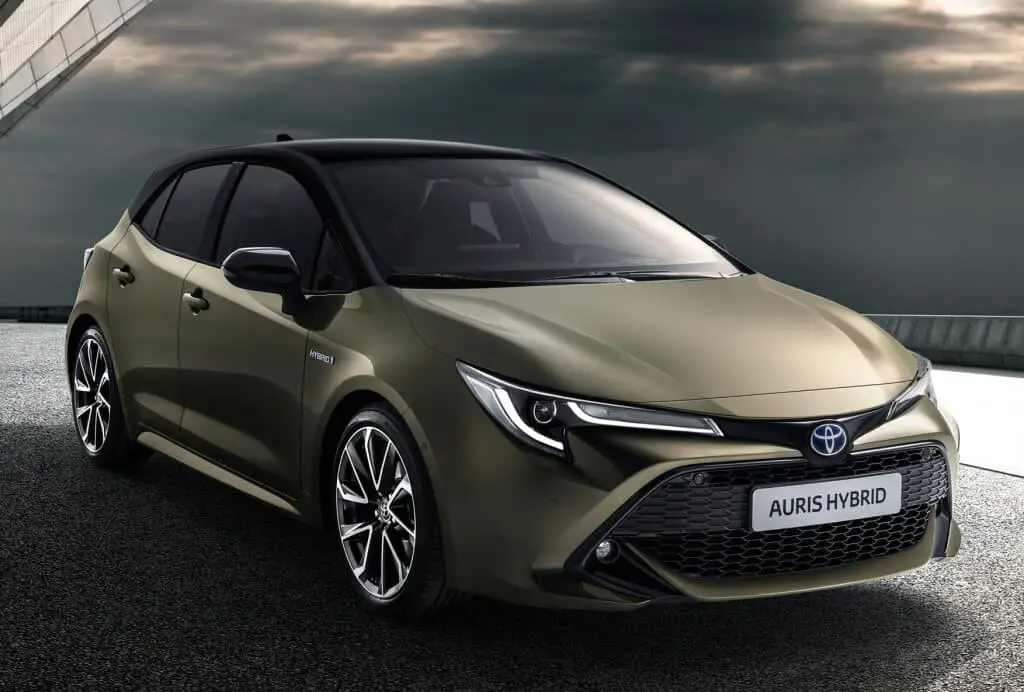Are you familiar with Toyota Corolla Hybrid problems?
The 2020 model year marked the debut of the Corolla hybrid. Although it has the same hybrid drivetrain and engine as the Prius, it features a more appealing and understated sedan body style.
Since it was first introduced, the Corolla Hybrid has proven to be quite dependable, but in this piece, we’ll examine some of the Toyota Corolla hybrid problems owners have encountered.
The major problem with the Toyota Corolla Hybrid is the lack of stability control and brake assist, which increases the chance of collisions and crashes. Another minor issue is a broken Remote Connect, and the interior driver-side door handle on the 2022 model has received criticism.
In addition, the rear seat belt locking issue and lack of stability control are issues with the 2020 Corolla Hybrid. [1]
That was the most straightforward answer that could be offered. The subsequent post will go into greater detail about each problem. This includes where to find it, how to fix it, and how much it will cost.
Most Common Toyota Corolla Hybrid Problems
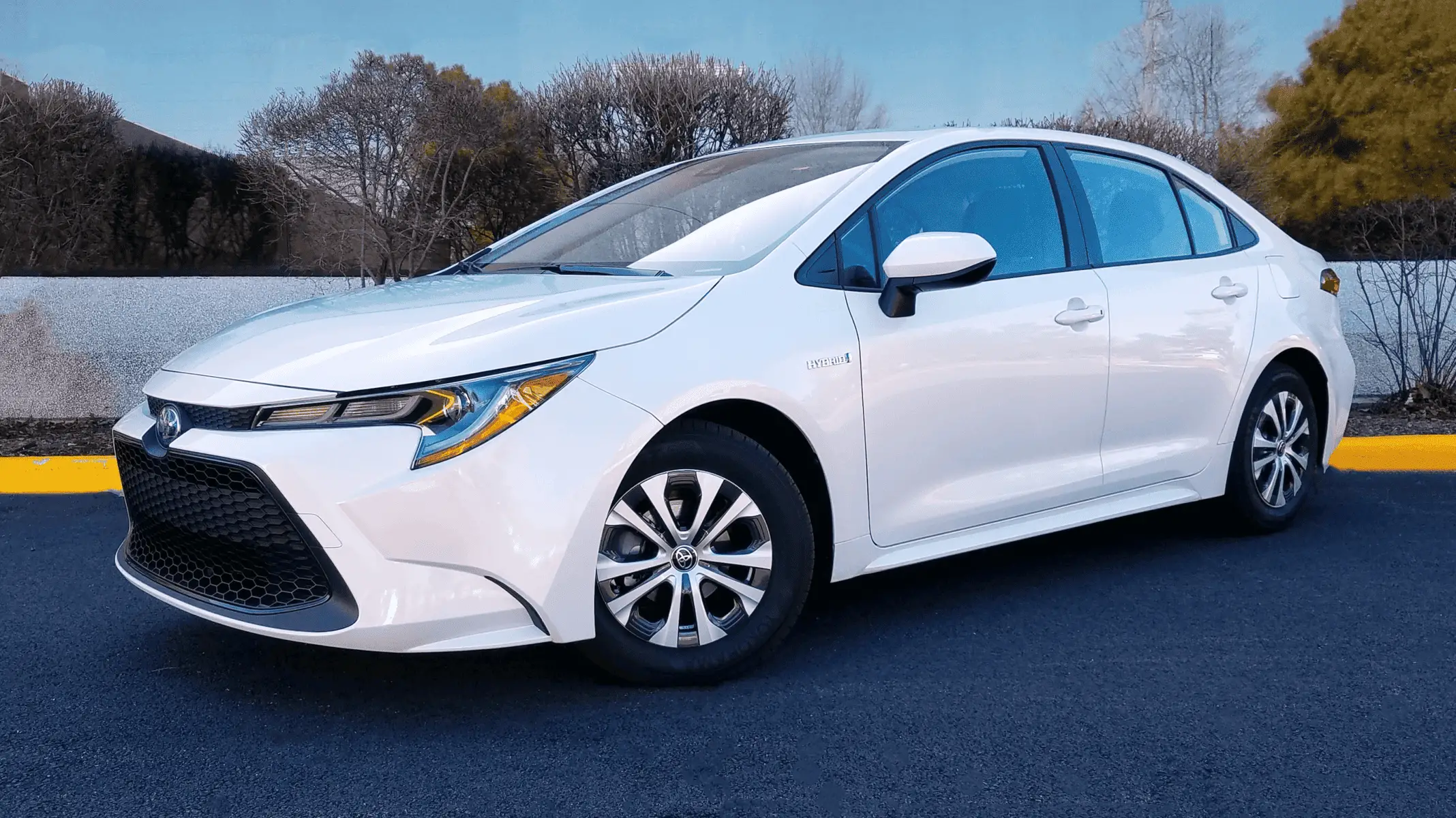
- Loss of Brake Assist and Stability Control.
Toyota’s 2020 Corolla Hybrid vehicles were subject to two recalls. Fixing the loss of stability control and braking assist was one of the recalls. These measures are necessary to reduce the likelihood of an accident or crash. To keep the car from skidding, the stability control uses various parts of the traction control and ABS systems, while brake assist helps fully apply the brakes in an emergency.[2]
Without these devices, there is a greater chance of skidding, and it is more difficult to stop quickly, increasing the likelihood of collisions and injuries. A failed brake booster pump is the primary cause of the loss of stability control and braking aid [3].
Check if the brake booster pump has been replaced before purchasing a 2020 Toyota Corolla Hybrid. Toyota issued a recall for this problem, and dealers checked and, if necessary, replaced the brake booster pump at no charge. It would cost you between $300 and $1250 to replace the brake booster pump.
- Inability to lock the rear seatbelt
The failed rear seat belt lock was the subject of the second recall for the 2020 Corolla Hybrid. The seatbelt webbing sensor locking mechanism caused a locking problem with the rear seat belt assemblies [4].
This mechanism wasn’t working properly; thus, it wouldn’t lock. This implies that the seat belts would not adequately restrain the occupants in the event of a collision, increasing the possibility of serious injury.
Once more, it’s important to keep an eye out for this problem in the 2020 model and ensure that the assemblies have been changed. If necessary, Toyota provided a free replacement of this assembly at its dealers.
- Door handle on the driver’s side
Regarding the interior driver-side door handle, a complaint was filed with NHTSA. According to the complaint, the handle was so large, solid, and pointy that it hurt and bruised the leg lying on it [5]. The customer added that his friends’ Corolla Hybrid 2022 versions had the same problems.
The simplest approach to deal with this issue is to ensure the door handle placement won’t be a problem for you before purchasing the Corolla 2022 Hybrid by inspecting the cabin and seating with the door handle in mind. The alternative approach might include an expensive upholstery replacement, costing $2500 [6].
- Remote Connect is inoperative or not activating.
The Remote Connect App is another issue with the Corolla Hybrid. The inability to use the app’s features generally includes the app not accepting the activation code and errors when running commands. There are no potentially fatal repercussions to this issue. However, customers cannot use all of the features offered; thus, it is still a problem.
Resetting the DCM and updating the firmware are the recommended fixes for this issue. Toyota advises resetting the DCM by unplugging the battery for 30 minutes if the issue is still present [7].
In most instances, this problem is not the consequence of broken parts or other issues, and it may be fixed without a technician’s assistance. Customer phone and app compatibility can occasionally be the primary issue.
- Toyota Corolla battery problems
Many Corolla Hybrid owners have complained that after keeping their vehicles parked and inactive for several weeks, their 12-volt batteries frequently deplete. Unfortunately, it generally happens if you don’t use the car for everyday commutes or if you go on extended vacations.
Like most modern cars, the Corolla Hybrid always has some electronics operating in the background, even when parked. One such example is the keyless entry system, which continuously consumes some battery power [8].
The 12-volt battery in the Corolla Hybrid is also smaller than in non-hybrid models, resulting in a reduction in overall capacity. In addition, as chemical reactions inside batteries slow down in cold conditions, battery capacity also decreases.
Additionally, the starter has to work harder to turn the motor over as the oil in the engine gets thicker, using more electricity from the battery. The battery doesn’t have much time to charge up if the automobile is only driven for 20 to 30 minutes at a time at slower speeds.
Toyota advises turning on the car and placing it in the “Ready” mode for around 30 minutes every couple of weeks if you don’t use it frequently to charge the battery.
If you want to ensure the battery is always charged when storing your car in the garage, you can connect it to a battery tender. However, you may need to change the battery itself if it keeps draining every few days, as some new automobiles have been supplied with faulty batteries from the factory, even though most 12-volt car batteries last 3 to 5 years on average.
Toyota Corolla Hybrid Maintenance Cost
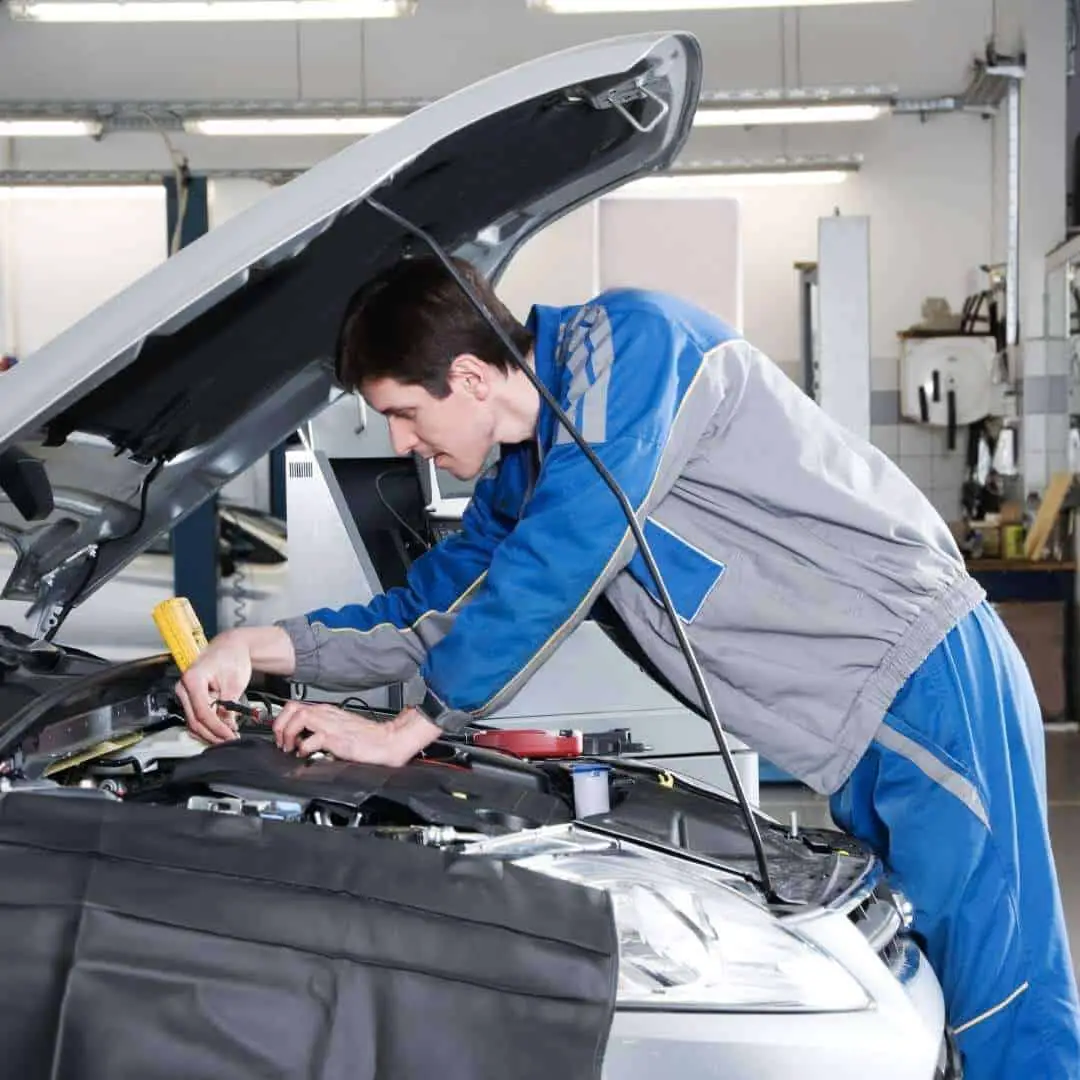
Prioritizing routine maintenance is essential to prevent unexpected Toyota Corolla hybrid problems from impacting your finances. You might consider the frequency, expense, and severity of the repairs the car requires.
The Toyota Corolla competes effectively with other vehicles in its class, according to Repair Pal [9]. Compared to 35 other compact automobiles, it had the highest reliability rating.
The Corolla’s affordable repairs are one of the most evident signs of dependability. Owners shell out $362 annually on average. This is sensible and affordable, so you’re right. According to Repair Pal’s research, the average annual repair cost for compact cars was $526.
When all vehicle models were considered, this sum increased to $652. Therefore, when you purchase a Corolla, your annual ownership expenditures will be low, allowing you to put more money elsewhere, such as on gas or new car accessories [10].
The Corolla’s dependability is further demonstrated by how infrequently owners need to have maintenance done. Owners of Corollas only require maintenance 0.3 times a year on average. However, according to Repair Pal’s data, all car owners make needed repairs 0.4 times annually.
Although this might not be a significant difference, you would undoubtedly notice it because taking your automobile to the mechanic might take up valuable free time.
The last indicator of the Corolla’s dependability is how difficult repairs will be. According to Repair Pal, the significant repair risk is only 7%, compared to a 12% likelihood for all other vehicle models. These figures are reassuring for Corolla owners since they can reassure you that, if a problem does occur, you probably won’t have a serious problem to cope with.
Enrolling in regular service is an excellent method to keep your Corolla from needing repairs. Thanks to our dealership’s extensive service department, you can get vehicle maintenance from our experts at Classic Toyota without a second thought.
Of course, the optimum maintenance program for your Corolla will vary based on its current mileage, condition, and model year, so be sure to get in touch with a mechanic immediately to arrange a service.
Toyota Corolla hybrid life expectancy
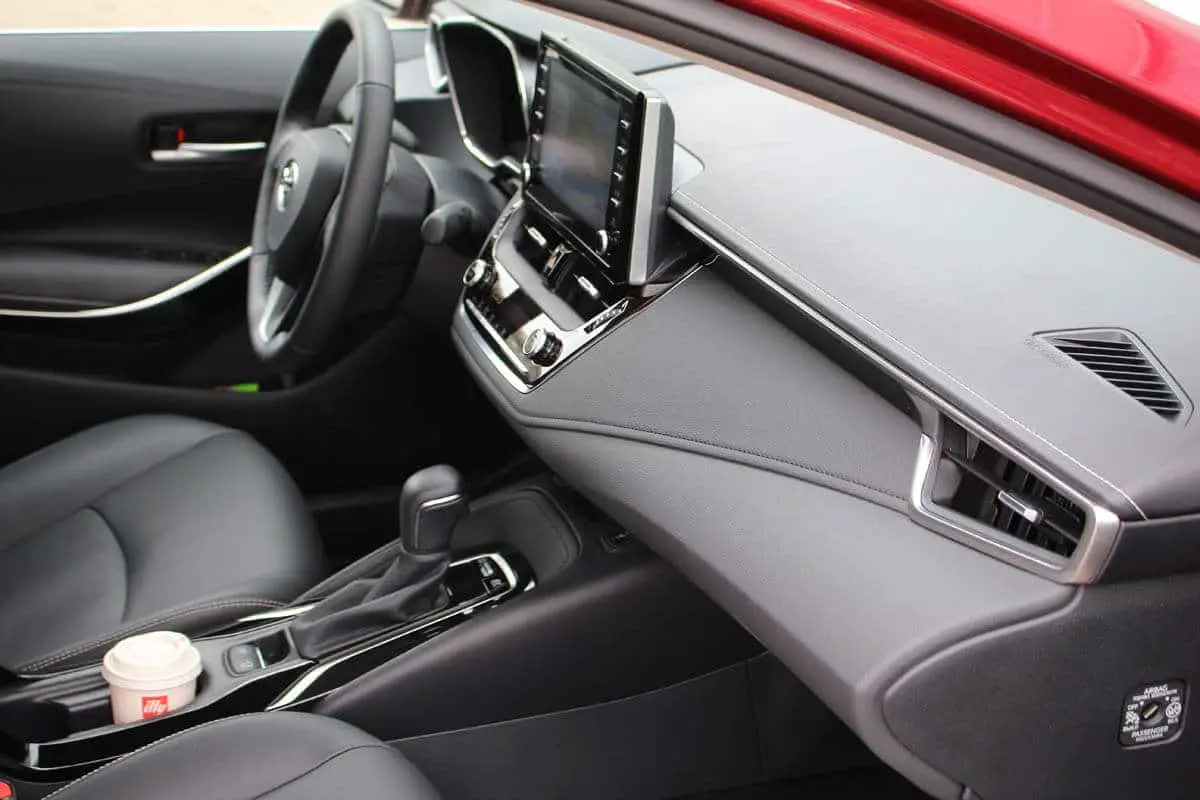
There needs to be more information available regarding long-term dependability because the Corolla Hybrid is a member of the 12th-generation lineup and has only been on sale since 2020. A handful can be found on used automobile websites. However, high mileage models with well over 100,000 km are currently quite uncommon.
Many 20- to 30-year-old Corollas remain on the road today, proving that most car generations can operate forever without experiencing any major problems.
It is predicted that the Corolla Hybrid can reach high figures above 300,000 miles when combined with Toyota’s significant experience with hybrid vehicles, particularly with the Prius. In addition, Toyota’s 10-year/150,000-mile guarantee further covers the hybrid battery, so you shouldn’t be concerned about needing to replace the high-voltage battery anytime soon.
Related: Toyota Corolla B Gear Explained
Because it’s a Toyota, even when the 3-year/36,000-mile basic warranty ends, you probably won’t need any significant repairs. Instead, regular maintenance and careful driving can help you stay on pace to achieve high numbers while extending your Corolla Hybrid’s life.
Keep in mind that the gas engine and electric motor are interdependent; if one is not operating effectively, it may affect how well the other performs.
Therefore, the battery should be inspected regularly along with other maintenance. If one or more battery cells are discovered to be empty, the battery can be recharged to increase its lifespan.
What is the Toyota Corolla Hybrid’s Worst Year?
Toyota Corolla Hybrids, like regular models, are highly reliable, lasting over 200,000 miles, possibly exceeding 300,000. Introduced in 2020, the relatively young Corolla Hybrid allows easy identification of its best and worst years.
In 2020, the Corolla Hybrid faced issues, making it the worst year due to recalls for rear seat belt and stability control failures. Since this was the car’s debut year, two recalls were necessary to address certain unforeseen problems.
According to NHTSA, the greatest year for the Corolla Hybrid would be 2021. This is because it didn’t have the same problems as the 2020 model, and there were no recalls, complaints, or investigations.
The Remote Connect app issue is the only issue that has been reported, and it can be fixed on all three models by updating the firmware and resetting the DCM. This problem can be fixed rather easily and is not the result of defective components.[12]
When you’ve made sure that the driver-side door handle size and placement are not a problem for you, the 2022 model of the Corolla Hybrid is a wonderful alternative and has no recalls or other complaints.
However, the 2021 and 2022 models are still in their infancy, so any potential issues have yet to have a chance to materialize.
Read Also: Toyota Estima Hybrid Problems
Conclusion
The good news about faulty vehicles is that automakers are always making improvements. This has been the case with Toyota, as we have seen, as their more modern hybrid cars are more dependable.
Overall Toyota Corolla hybrid problems won’t appear often. Toyota is still well known as one of the most reliable car brand on the market.
Read Next: Toyota Harrier Hybrid Problems

